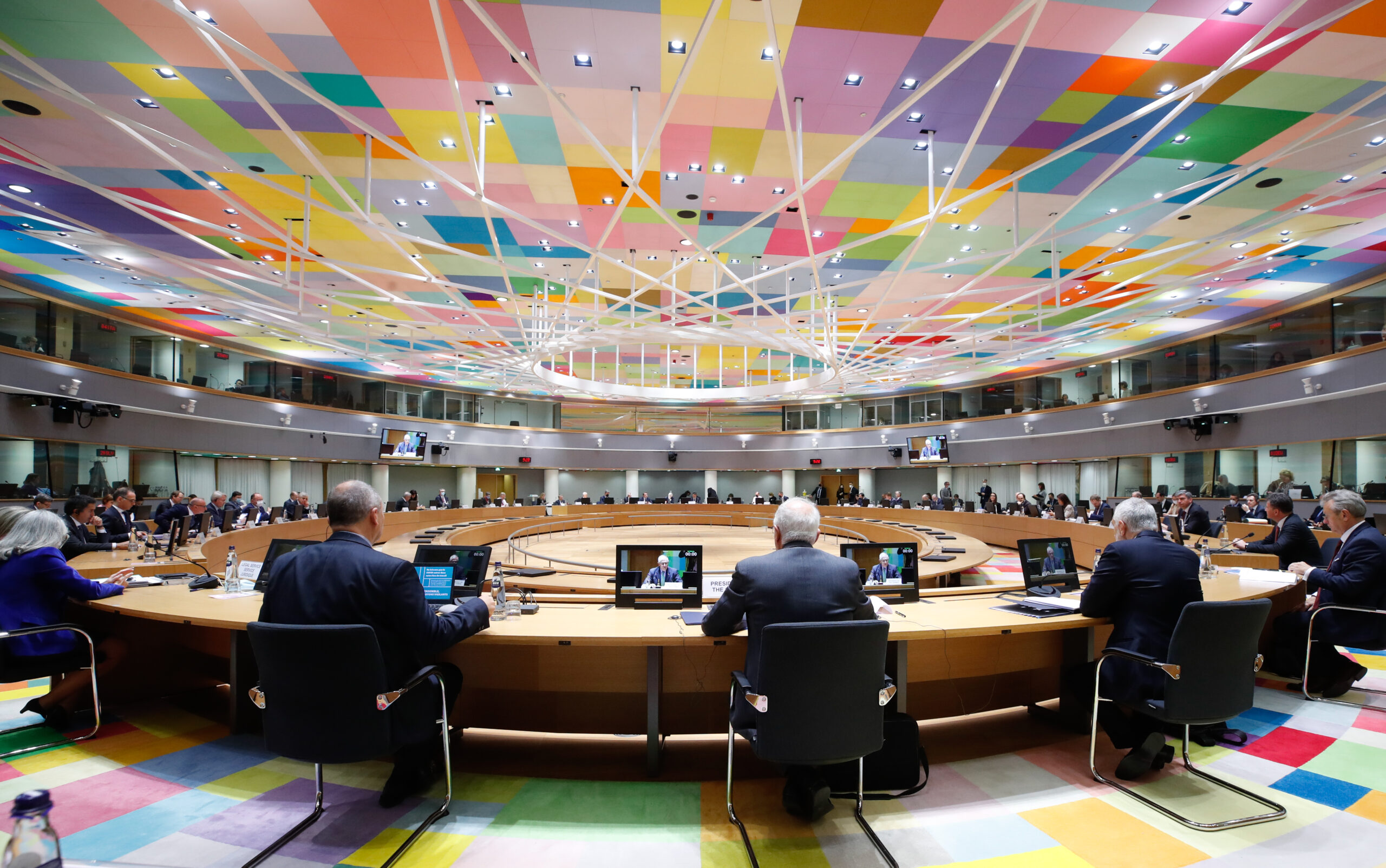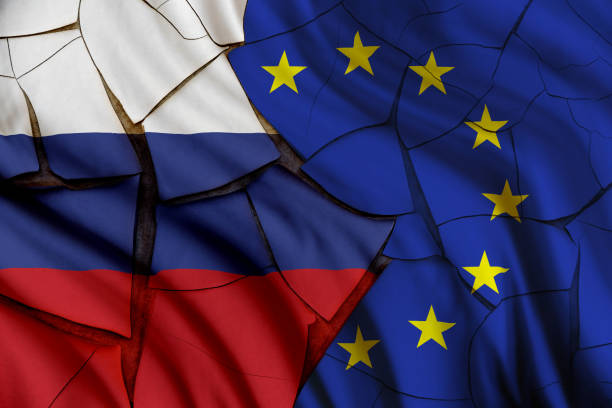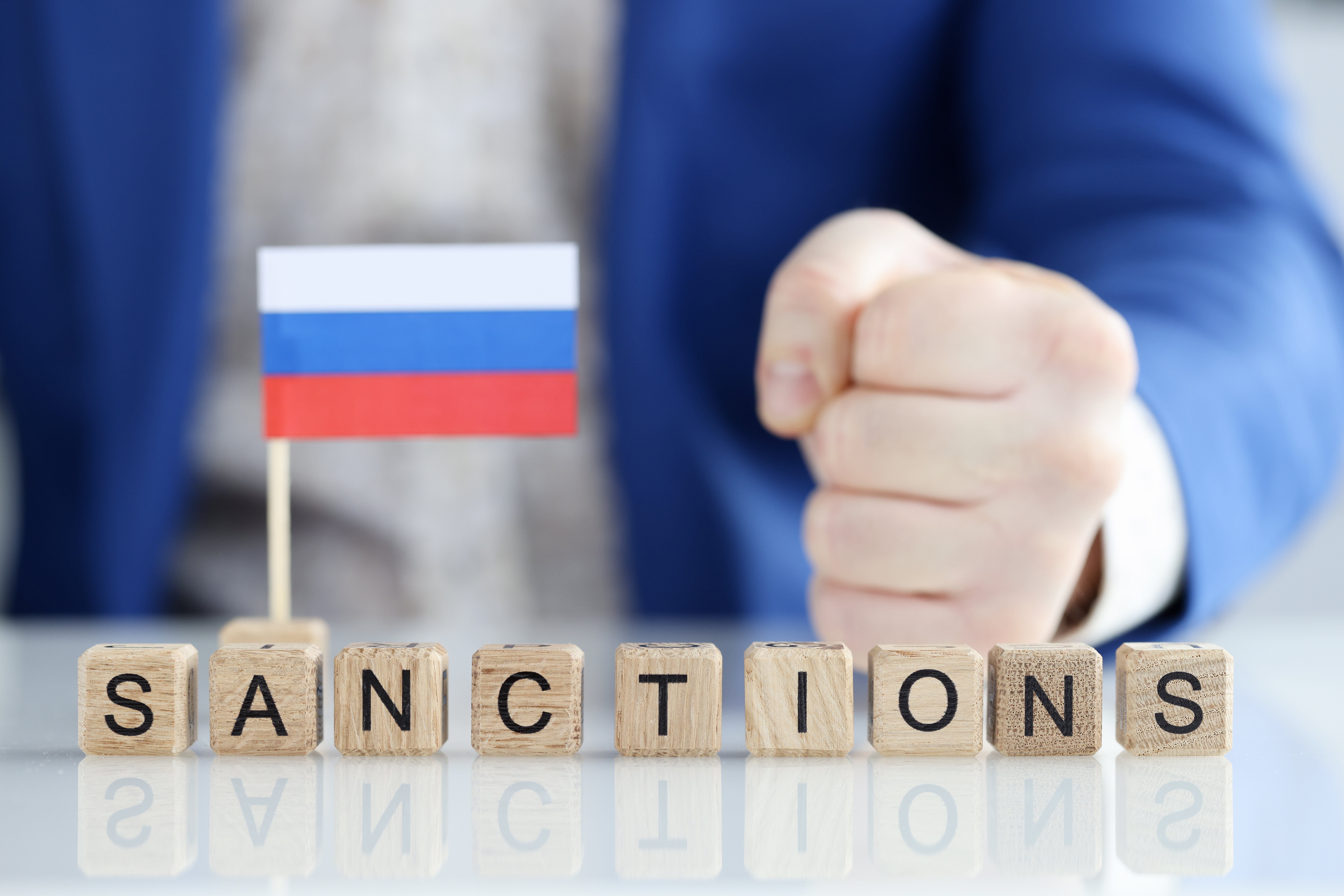In light of ongoing geopolitical tensions, the European Union (EU) has announced significant steps to address the increasing hybrid threats and destabilising activities orchestrated by Russia against the EU and its member states. Two key initiatives highlight the EU’s commitment to protecting its security, democracy, and economic stability.
On 8 October 2024, the EU introduced a new legal framework to impose restrictive measures on individuals and entities responsible for hybrid threats that destabilise the EU and its member states, such as: the undermining electoral processes and the functioning of democratic institutions, threats against and sabotage of economic activities, services of public interest or critical infrastructure, the use of coordinated disinformation, foreign information manipulation and interference (FIMI), malicious cyber activities, the instrumentalisation of migrants.
This framework is designed to respond swiftly to evolving threats, providing the EU with the legal means to sanction perpetrators of hybrid attacks. It allows the EU to freeze assets, ban travel, and impose other penalties on individuals or organisations involved in malicious activities. The Council of the EU emphasised that these measures are a part of a broader strategy to safeguard the integrity of EU institutions and ensure that malign actors face consequences for their actions.
The EU has identified Russia as a key source of hybrid threats, which seek to exploit vulnerabilities in critical infrastructure, financial systems, and the democratic functioning of member states. The statement highlights the EU’s determination to counter these threats through coordinated actions, including enhanced cybersecurity measures, public awareness campaigns, and closer cooperation with international partners.
In line with the conclusions reached at the European Council’s meeting, the Council has also discussed expanding the range of sanctions beyond the traditional focus on cyber-attacks and disinformation. The measures outlined in document ST 10119/2024 emphasise a need for greater attention to sectors such as critical infrastructure, energy, finance, and digital networks, which are increasingly targeted by hybrid operations.
The document points to the growing risks posed by state-sponsored malicious activities, which seek to exploit the vulnerabilities of digital and economic systems. New provisions include cooperation between the EU and third-party countries, as well as measures to ensure the resilience of supply chains and critical industries across member states.
Furthermore, the EU is advancing efforts to improve intelligence-sharing and response capabilities across borders, ensuring that hybrid threats can be identified and addressed in real-time. These developments are crucial for preventing further destabilising activities and ensuring the protection of democratic values and institutions within the EU.
By enhancing legal frameworks and implementing restrictive measures, the EU is taking decisive action to mitigate the impact of hybrid attacks on its member states.
For more information, you may contact us at info@compliancemk.com.




